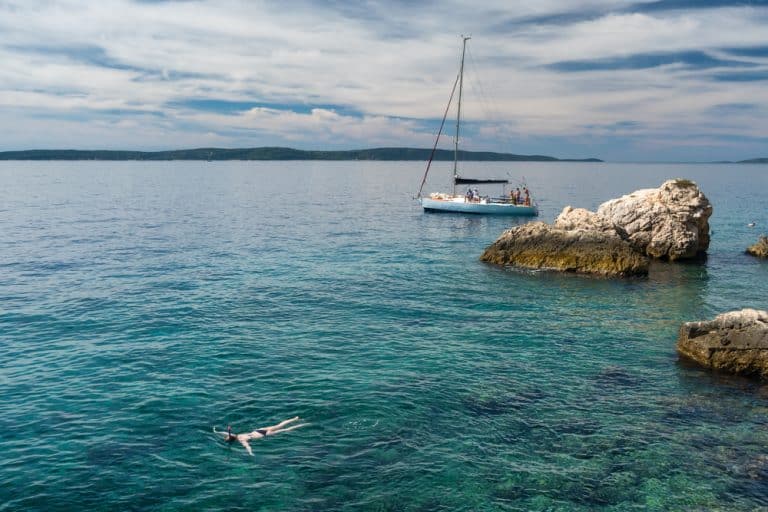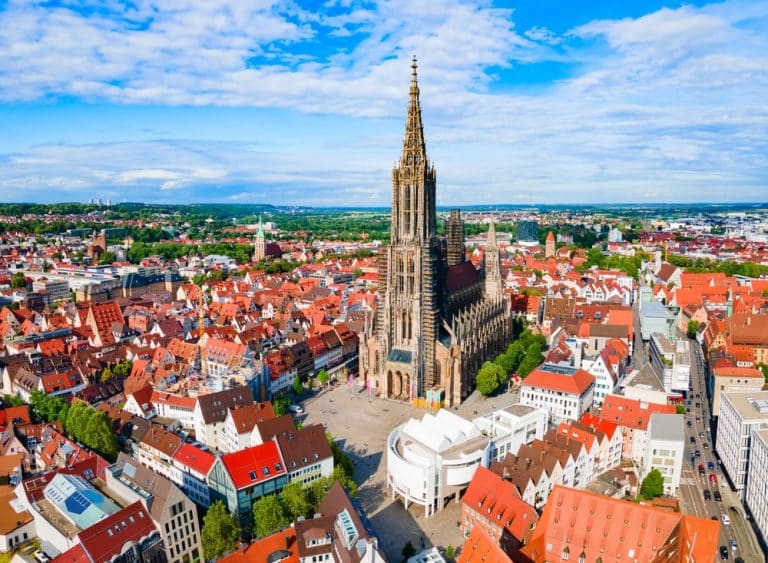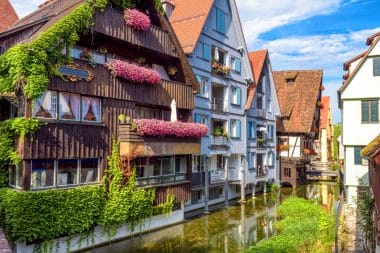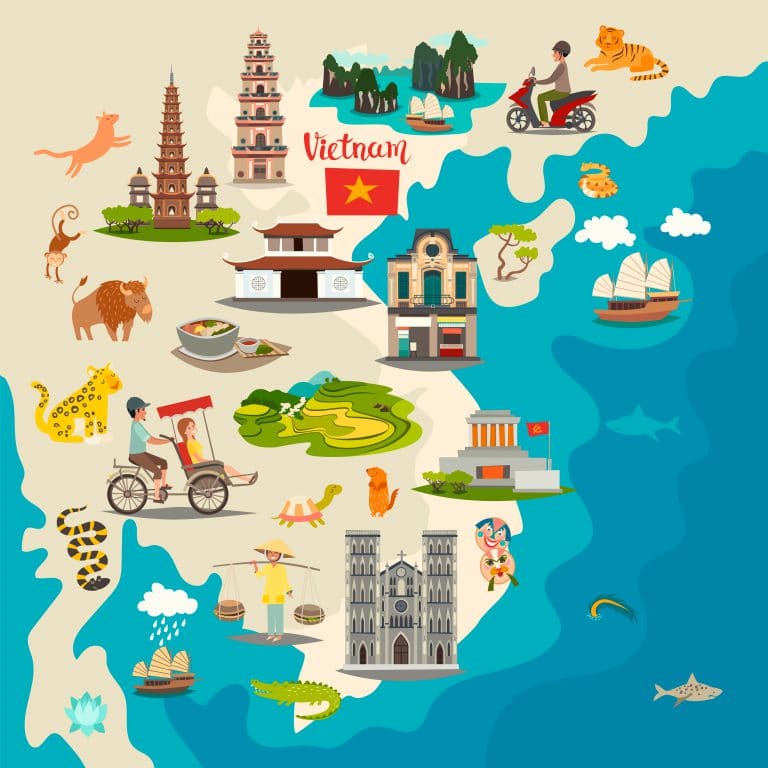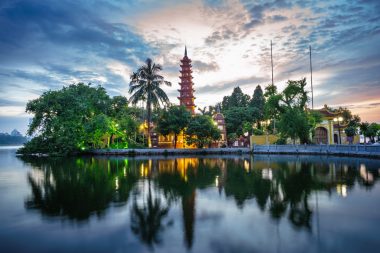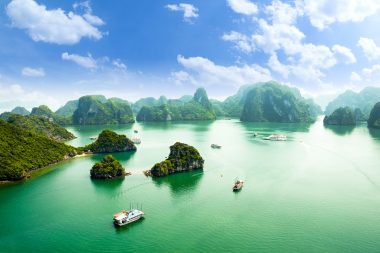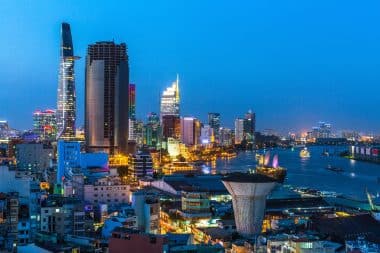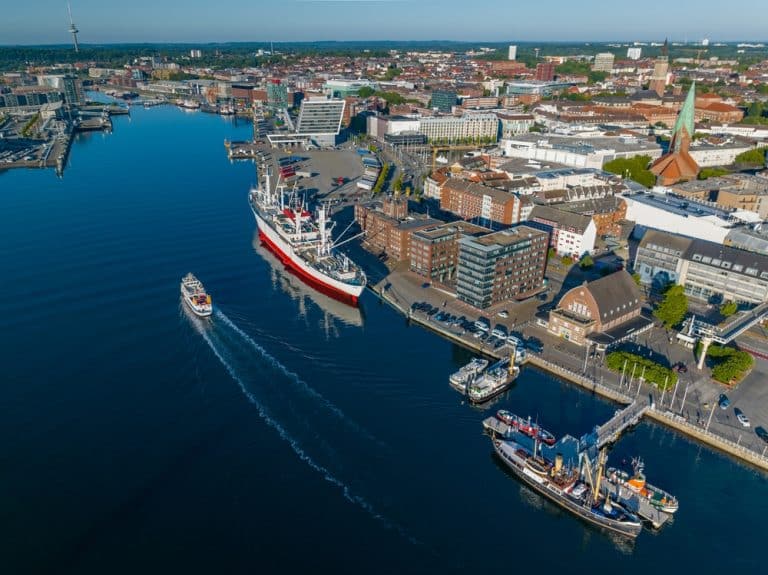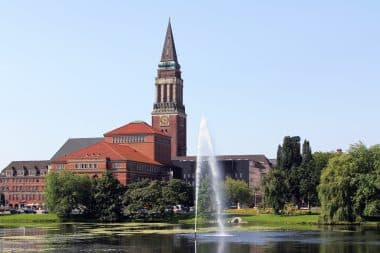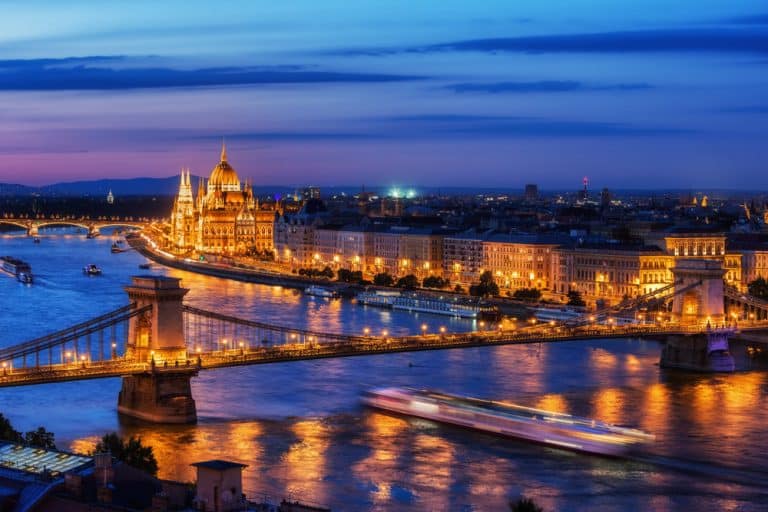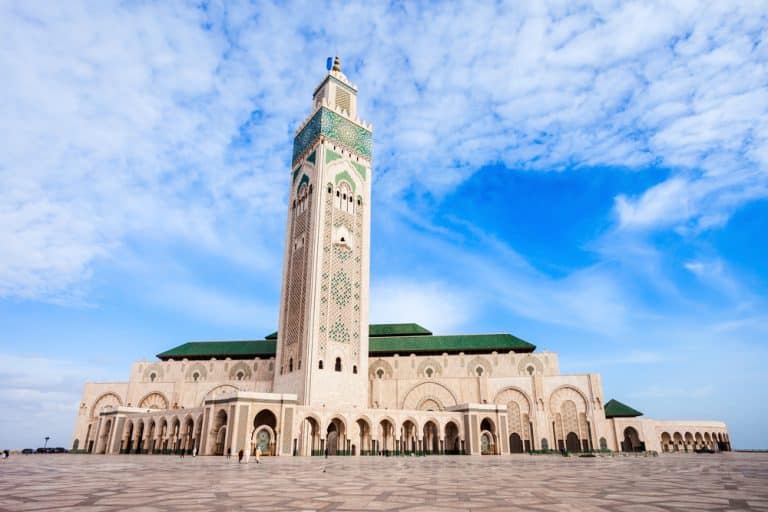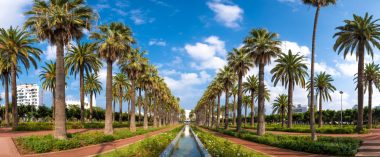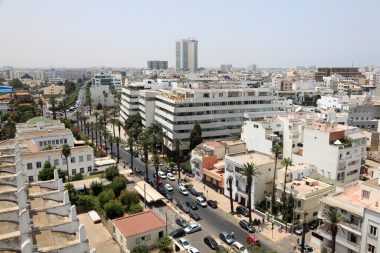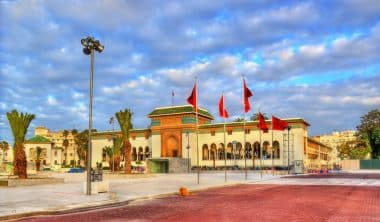For many German-speaking holidaymakers, a trip to the Caribbean is mainly associated with fantastic beaches, lots of sun and a completely new culture. At the same time, over the past twenty years, the Dominican Republic has become the symbol of this region. Only recently have more and more holidaymakers discovered what diversity the Caribbean has to offer and how different the islands can be in terms of culture and their own holidays. So what are the most popular destinations in the Caribbean and which regions should be kept in mind when planning your own trip?
The most popular destinations in the Caribbean
For many years, holidays in the Caribbean were mainly associated with the Dominican Republic. It adapted to holidaymakers from Europe at an early stage and today probably offers the best infrastructure when it comes to pure recreational holidays. Countless resort hotels, luxury hotels, and all-inclusives offer a wide range of options for travelers. In addition, the country is also particularly common when it comes to last-minute offers. If you just want to enjoy the beach, good supplies and the wonderful climate of the region, you can’t go wrong with a trip to a three-star hotel.
In recent years, Cuba has developed from an insider tip to one of the most popular destinations for holidaymakers from Germany, Austria and Switzerland. The island has opened up to tourism and offers a completely different experience. Although you can also find great beaches and one or two luxury hotels here, holidaymakers appreciate the culture of this foreign country that they have heard so much about. The tourist infrastructure is constantly being expanded and if you want to experience the Caribbean in a completely different way, you will find many interesting offers for your trip here.
The insider tips among the Caribbean islands
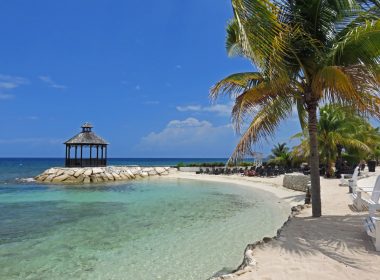
The islands of the Caribbean differ significantly in culture, experience, but also simply in what there is to do and discover. This is probably one reason why more and more holidaymakers are deciding to take a cruise in this region and explore as many of the small islands as possible within a certain travel time. A good example of the countries that have recently become popular, especially due to cruises, is Jamaica.
The attitude to life in Jamaica is not only different from what is known from the other Caribbean islands because of the local religion and the attitude to life. In the meantime, the capital Kingston is strongly influenced by tourism – but at the latest with a trip to the interior of the country, a quite unique nature can be discovered. Especially the reefs and the almost unpopulated beaches are a reason why the island has recently developed into an insider tip for vacationers. Fresh seafood, unique street food, a special culture and a chequered history make for a holiday experience that can only be found on a few islands in the Caribbean.
But it’s not just the big islands that are among the Caribbean’s popular travel destinations. Islands such as Martinique, St. Kitts or Belize have been able to make a name for themselves due to their unique nature. Belize, for example, with its coral reefs and wonderfully green-looking sea, has become a popular region for divers and sailors from all over the world. Martinique boasts a variety of beaches and a wide selection of luxury hotels that meet different needs than the typical Caribbean explorer holiday. Here you can relax and enjoy at the highest level.
Holidaymakers can expect similar luxury on islands such as Aruba or the Bahamas. Here, the main focus has been on the tourist needs of holidaymakers. The hotels rely on the great advantages of the Caribbean – beautiful beaches, pleasant weather, great food and a hospitable culture – while offering a glimpse of the pristine parts of the islands that still exist today. The slight surcharge that has to be paid for the holiday here is quite acceptable for a unique holiday in one of the most beautiful regions in the world.
What do I have to look out for in my technical equipment in the Caribbean?
If you’re flying to the Caribbean with tech equipment, there are a few key points to keep in mind to ensure your devices stay safe and functional:
- Power supply and adapters: Find out about the power standards (voltage and plug type) in the countries you want to visit. Caribbean countries may have different standards. A universal travel adapter and possibly a voltage converter are recommended to be able to use your devices safely.
- Climate and weather: The Caribbean region is known for its humid, tropical climate. Protect your electronic devices from moisture and water to prevent damage. Use waterproof bags or containers, especially if you plan to spend time at the beach or near water.
- Privacy and security: Be aware of the risks of public Wi-Fi and, if possible, use secure connections or a VPN (Virtual Private Network) to protect your data. Also, make sure to keep your devices physically safe, especially in public or less secure environments.
- International mobile and roaming: Check the availability and cost of international roaming with your mobile service provider or consider buying an e-SIM in the Caribbean to avoid high charges. Make sure your phone or smartphone is unlocked for international use.
- Customs Regulations and Airport Security: Find out about customs regulations regarding the import of electronic devices into the Caribbean and back. Keep all devices and their chargers handy, as they can be checked at the airport security checkpoint.
- Insurance and warranty: Check if your travel insurance covers damage or loss of electronic devices. It is also advisable to check whether the warranties of your devices are valid internationally in case repairs or replacements become necessary.
- Local apps and services: Before you leave, download useful local apps, such as maps, transportation, translators, or guidebooks, that can help you find your way around.
How to experience the perfect vacation in the Caribbean?
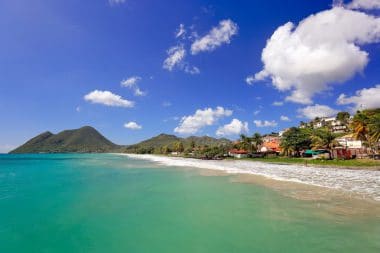
When it comes to vacationing in the Caribbean, it’s not just about the right destination. So you have to plan well in advance, It is also about what kind of vacation you want to experience and at what time the trip is booked. In the Caribbean, for example, it must be borne in mind that the hurricane season plays a major role in the typical summer months until sometimes autumn. A holiday between May and November can be present with risks. Therefore, a holiday between December and April is recommended. Since the Caribbean has an annual average of around 28 degrees anyway, the temperatures during this time are still perfect for a beach holiday.
In addition, there is a clear distinction between cultural holidays and recreational holidays. Countries such as the Dominican Republic specialize primarily in vacationers who are looking for peace and quiet and a beach experience. In Cuba, on the other hand, most travelers are mostly concerned with the culture and discovery of the island. The offers can therefore be more or less suitable for your own wishes and requirements for the perfect holiday. However, an early booking is recommended in any case – after all, the Caribbean is becoming popular with more and more holidaymakers and low prices can be achieved with an early booking.


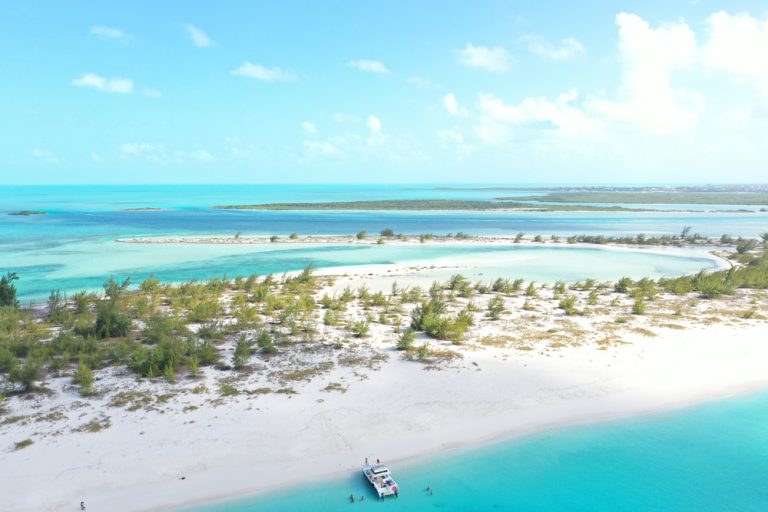

 Jamón Ibérico: a taste of luxury
Jamón Ibérico: a taste of luxury